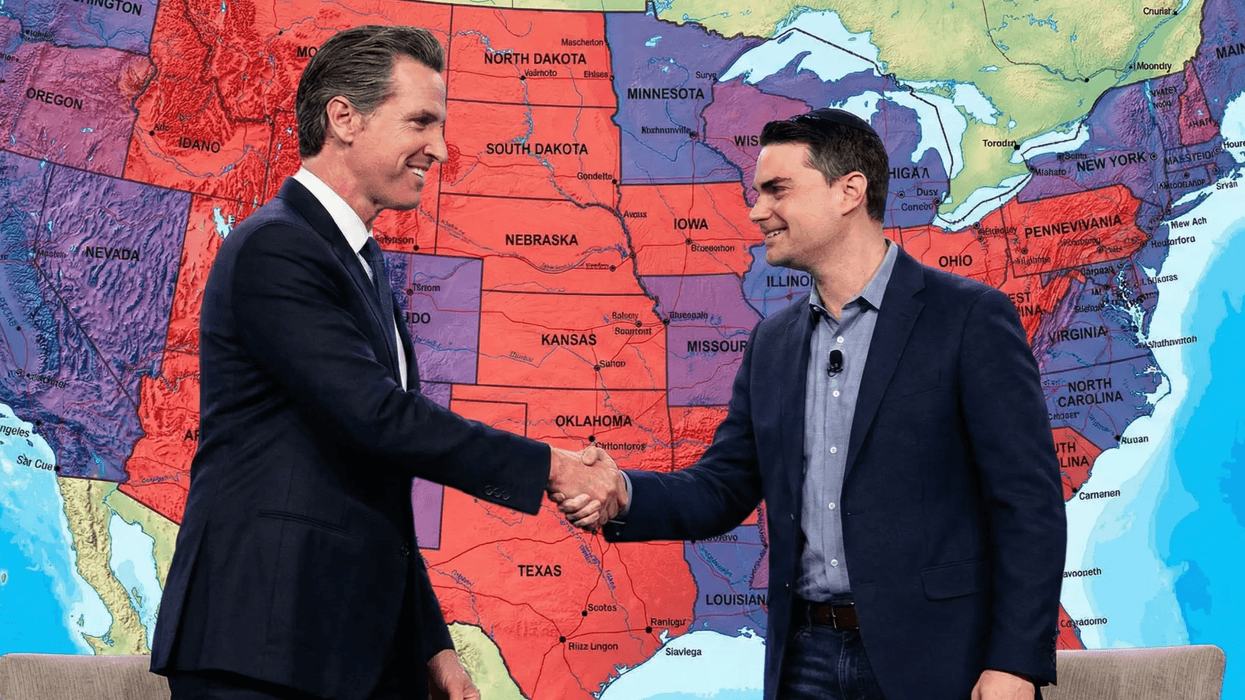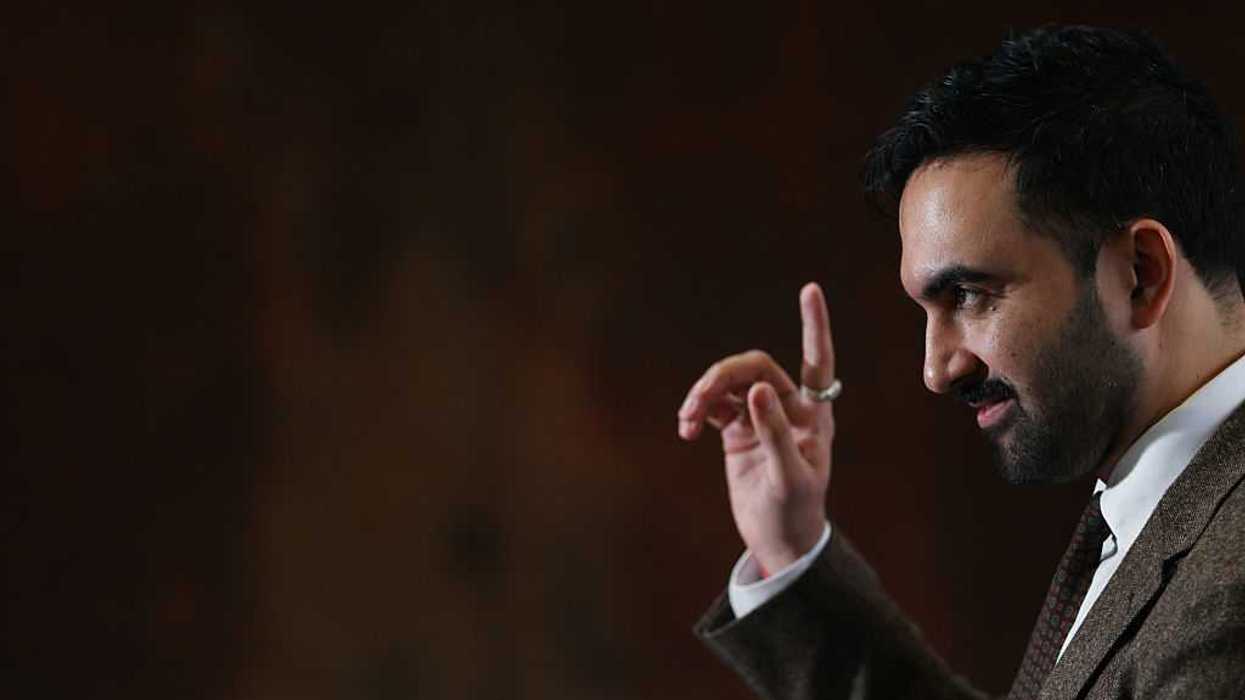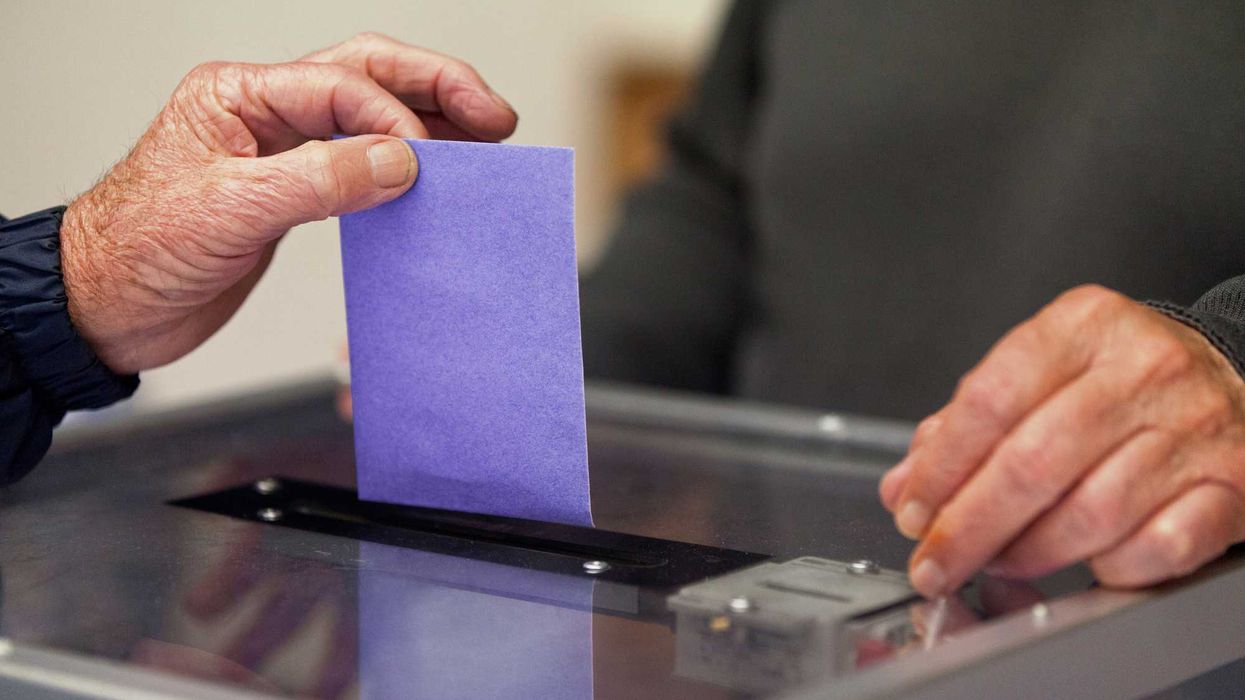After contributing more than a quarter of a billion dollars to elect Donald Trump, Elon Musk has now turned his attention to the Wisconsin Supreme Court, giving millions of dollars to support Judge Brad Schimel, the Republican candidate.
According to The Brennan Center, this race is the most expensive judicial race in U.S. history. If Musk is successful, it will tip the High Court’s balance to his political favor.
How is it that corporate billionaires are able to use their massive wealth to sway the political process?
In 2010, the Supreme Court overturned the Bi-Partisan Campaign Reform Act, signed by President George W. Bush, that prohibited corporations from engaging in political campaigns, ruling instead that corporations were entitled to the same unrestrained right to free political speech as ordinary citizens—a mysterious equivocation.
Corporations cannot vote or run for public office—they “are not members of ‘we’ the people by and for whom our constitution was written,” according to Justice John Paul Stevens’ dissent, clearly foreshadowing how granting massive organizations unlimited political speech would “undermine the integrity of elected institutions across the nation.”
In ending the protections that prohibit corporations from engaging in political campaigns, the majority of justices did acknowledge the “compelling” argument that corporate wealth could undermine the electoral process, but they rejected the claim that such contributions would amount to a quid pro quo. While these kinds of contributions may “ingratiate a corporation with and lead to greater access to a political candidate, ingratiation and access are not corruption.”
Elon Musk is a glaring example of just how wrong they were.
Musk, who contributed over a quarter of a billion dollars to President Trump’s campaign, now holds the breathtaking power of restructuring the agencies, programs, and workforce of the United States Federal Government through the Department of Government Efficiency (DOGE), the agency he directs.
Some are concerned that Musk, unable to oversee the safe design of an electric vehicle or rocket launch, has been tasked with redesigning the U.S. government, but former ligation judge Thomas Moukawsher identifies the greater concern—Musk can now erase or eliminate the agencies overseeing his own corporate interests and any investigations into his corporate practices or consumer complaints against him.
With at least twenty federal investigations into his companies, $288 million seems a small price to pay to direct the fate of these investigations and oversight for billions of dollars of his government contracts. He is entrusted with recusing himself should a conflict of interest arise. But who will hold him accountable?
In the span of a few months—at his directive —thousands of federal employees have been fired, agencies dismantled, federal monies frozen and at least eleven Inspectors General dismissed. Now, he’s toying with how to alter some of the nation’s largest safety nets like Medicare and Social Security, which is even more alarming given his claim that citizens who receive federal money are “parasites.”
Since assuming his new role, Musk created a “ wall of receipts,” to document government inefficiency and corruption. It’s actually a glaring example of his own incompetence—riddled with incorrect information and sloppy errors —even mis-entering an eight-million-dollar expenditure as an eight-billion-dollar expense. And though Musk claimed his staff would receive no salary, they’re actually receiving six-figure paychecks.
Musk is just one billionaire shaping the democratic process, a task conveniently expedited when billionaires like himself, Jeff Bezos, and Rupert Murdoch, also control the flow of information through their massive media empires. Billionaires become their own gatekeepers able to regulate the news and information we consume.
Musk’s role in the Trump Administration should become the symbol of our desperate need for State and Federal Bipartisan Campaign Finance Reform. There is growing concern among voters about the role of corporate wealth in our elections. Billionaires on both sides of the aisle try to shape a political landscape compatible with their bottom line and larger corporate agenda. Campaign Finance Reform is a concrete step that would go far to re-balancing the electoral process and restoring political equity to “ordinary” citizens.
Trudy Bayer, Ph.D. is a specialist in the rhetoric of social movements. She was the founding director of the Oral Communication Lab at the University of Pittsburgh.




















